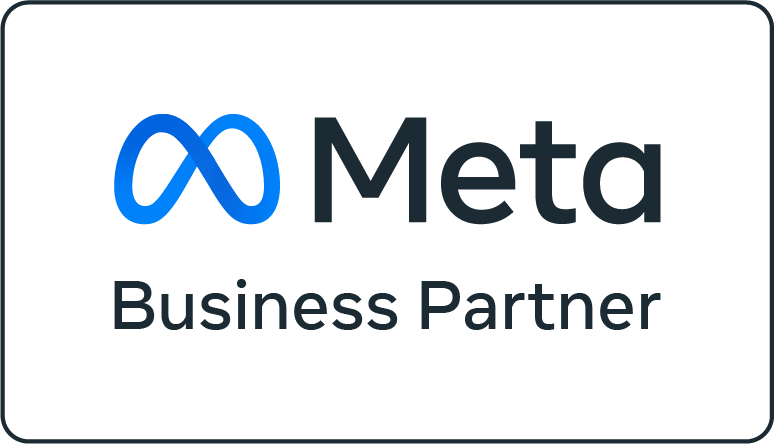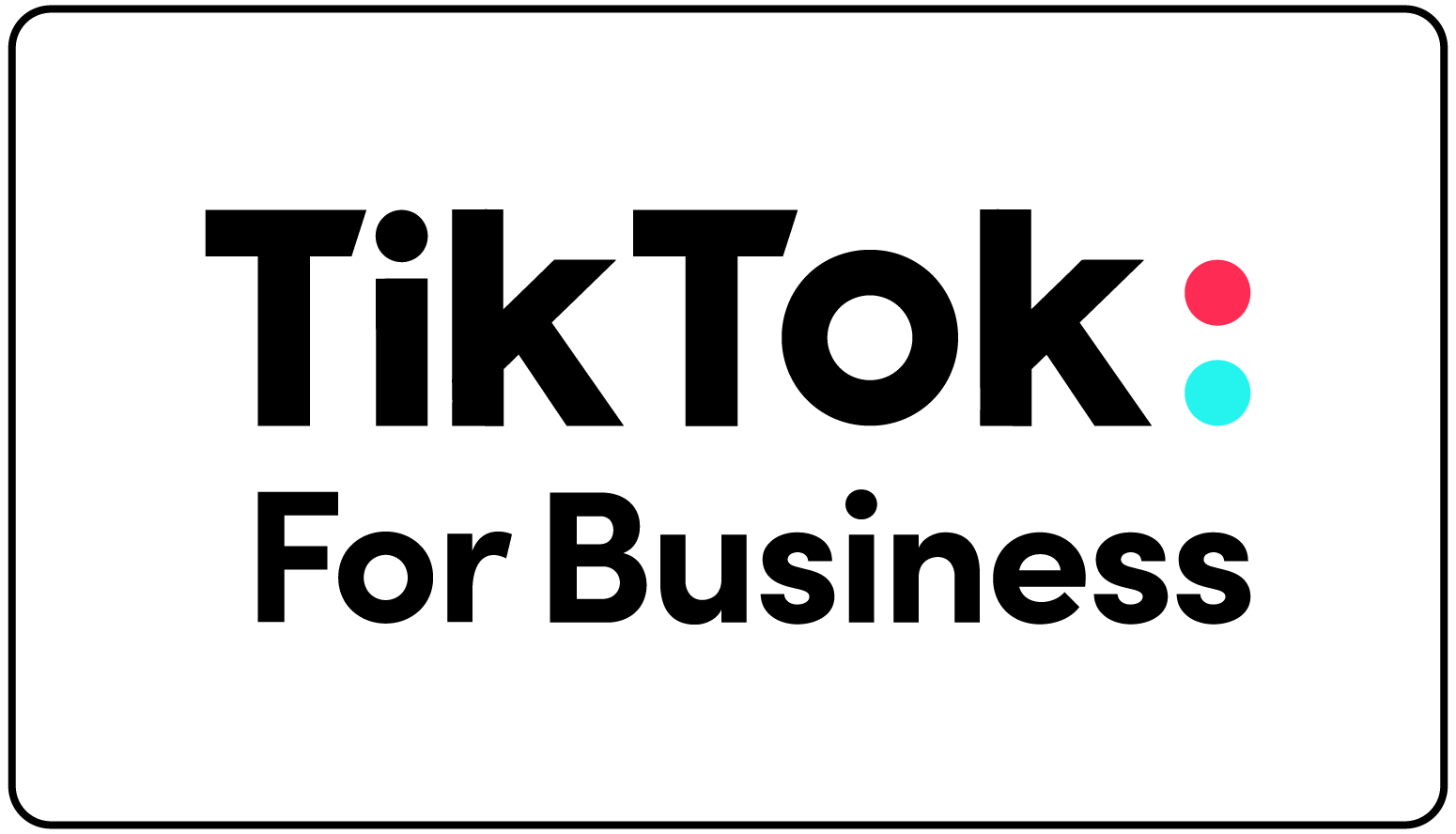In the ever-evolving landscape of digital advertising, it’s crucial to stay up-to-date with policy changes, especially when they directly impact your business or area of expertise. Paid search advertising, a key component of digital marketing, is undergoing some significant updates regarding health-related policies on major platforms like Google Ads and Microsoft Advertising. These changes will come into effect in 2024 and have important implications for advertisers in the healthcare industry. Let’s break down what these changes mean and how they might affect your business:
Title: Understanding the Policy Changes in Paid Search for Health Advertisements
Google Ads Updates:
- Expansion of healthcare policy: Google is expanding its healthcare and medicines policy to include all health-related products and services. This means that any advertisement for health products, services, or information will be treated the same as ads for prescription drugs and online pharmacies, which already fall under strict regulations.
- Certification requirement: From January 2024, all advertisers promoting health-related content, including supplements, mental health services, and weight loss programs, will need to be certified by Google. This certification process ensures that advertisers meet specific criteria and comply with relevant laws and regulations.
- Enhanced verification: Google will also introduce enhanced specialized verification for health-related advertisers, which includes additional identity and business operation checks.
- Strict content policies: Google will continue to enforce strict policies on health-related content, including prohibiting unsupported claims, misleading content, and the promotion of unsafe products or services.
Microsoft Advertising Updates:
- Alignment with Google: Microsoft Advertising has announced that it will align its health and pharmacy policies with Google Ads starting from March 2024. This means that advertisers will need to comply with similar certification and content policies across both platforms.
- Certification and verification: Similar to Google, Microsoft will require advertisers of health-related products and services to complete a certification process and undergo specialized verification.
- Policy expansion: Microsoft’s health and pharmacy policy will expand to include all health-related advertisers, ensuring consistent enforcement across the platform.
- Strict content guidelines: Microsoft will also enforce strict content guidelines, prohibiting misleading or false health claims, unsafe products, and the promotion of illegal substances.
What This Means for Your Business:
- Compliance is crucial: With these policy updates, compliance is non-negotiable. Ensure that your business understands and adheres to the certification and verification processes required by Google and Microsoft. Failure to comply may result in your ads being disapproved or your account being suspended.
- Review your content: Take time to thoroughly review your ad content, landing pages, and overall messaging. Ensure that your claims are supported, accurate, and do not mislead or provide false hope to consumers.
- Stay up-to-date: Keep yourself informed about the latest policy changes and updates. Both Google and Microsoft may provide further guidance and details as the implementation dates approach.
- Plan ahead: If your business operates in the health industry, factor these policy changes into your marketing strategy for 2024 and beyond. Consider how they may impact your advertising approach and budget allocation.
- Explore alternative strategies: These policy changes provide an opportunity to reevaluate your marketing mix. Consider investing in other digital channels such as SEO, social media marketing, or content marketing to ensure a well-rounded and compliant online presence.
In conclusion, the upcoming policy changes by Google Ads and Microsoft Advertising emphasize the importance of responsible and ethical advertising, especially in the sensitive realm of healthcare. By adapting to these changes, businesses can continue to reach their target audiences while providing transparent and trustworthy information.




